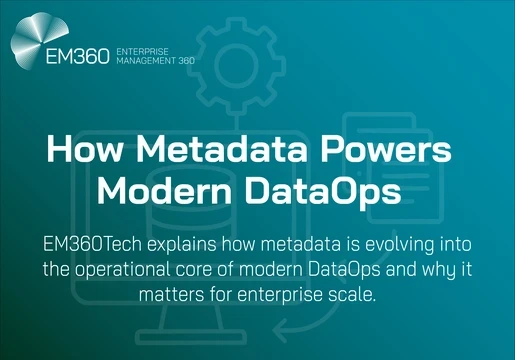The world of data management is constantly evolving, and the rise of data lakehouses is a prime example of that evolution. Data lakehouses are becoming increasingly popular, and many businesses are considering them as a potential alternative to traditional data warehouses. In this blog post, we will explore the rise of data lakehouses and compare them to traditional data warehouses.

What is a Data Lakehouse?
A data lakehouse is a relatively new type of data storage architecture that combines the features of data lakes and data warehouses. It is designed to address the shortcomings of both data lakes and data warehouses by providing a more flexible and scalable way to store and manage data.
A data lakehouse is essentially a data lake that has been optimized for querying and analysis. It provides a unified data management platform that can store and process data of any size, format, or structure. It is designed to be more agile and less rigid than traditional data warehouses, allowing businesses to quickly adapt to changing data needs.
Comparing Data Lakehouses to Traditional Data Warehouses
Traditional data warehouses have been around for decades, and they have proven to be a reliable and effective way to manage data. However, data warehouses have some limitations that data lakehouses can address. Let's compare the two approaches side-by-side.
Flexibility and Scalability
One of the biggest advantages of data lakehouses is their flexibility and scalability. Data lakehouses are designed to store and manage data of any size, format, or structure. They are also more scalable than traditional data warehouses, as they can easily accommodate large volumes of data without requiring significant changes to the underlying infrastructure.
In contrast, traditional data warehouses are often limited in their flexibility and scalability. They are typically designed to store and manage structured data, and they can be difficult to scale as data volumes increase.
Cost
Data lakehouses can be more cost-effective than traditional data warehouses, particularly when it comes to storage costs. Data lakehouses use cloud storage, which can be significantly cheaper than on-premises storage. Additionally, data lakehouses are designed to store data in its raw format, which means that businesses don't need to spend as much time and money on data preparation.
Traditional data warehouses, on the other hand, can be expensive to set up and maintain. They require specialized hardware and software, as well as dedicated IT staff to manage the infrastructure.
Data Quality and Governance
Data quality and governance can be a challenge with data lakehouses. Because data lakehouses store data in its raw format, it can be difficult to ensure that the data is accurate and consistent. Additionally, data governance can be challenging in a data lakehouse environment, as there are typically fewer controls in place than in a traditional data warehouse.
In contrast, traditional data warehouses are designed to ensure data quality and governance. They typically include data validation and verification processes, as well as strict data governance policies.
Querying and Analysis
Data lakehouses are designed to make querying and analysis easier and more accessible. They provide a unified data management platform that can be easily queried and analyzed by business users. Additionally, data lakehouses are often integrated with popular analytics tools, such as Apache Spark and Apache Flink.
Traditional data warehouses, on the other hand, can be more difficult to query and analyze. They often require specialized SQL knowledge and programming skills, which can limit their accessibility to business users.
Conclusion
In conclusion, data lakehouses are a powerful new approach to data management that offer many advantages over traditional data warehouses. They are more flexible, scalable, and cost-effective, and they can make querying and analysis easier and more accessible. However, data lakehouses also come with their own challenges, particularly around data quality and governance.
If you are considering a data lakehouse for your business, it is important to carefully evaluate your data management needs and choose a solution that meets your specific requirements. While data lakehouses can provide many benefits, they may not be the right solution for every business.
Ultimately, the decision to adopt a data lakehouse should be based on a thorough evaluation of your data management needs, as well as an understanding of the benefits and challenges associated with this new approach to data storage and management.







Comments ( 1 )
Alica Arvay
26/04/2023